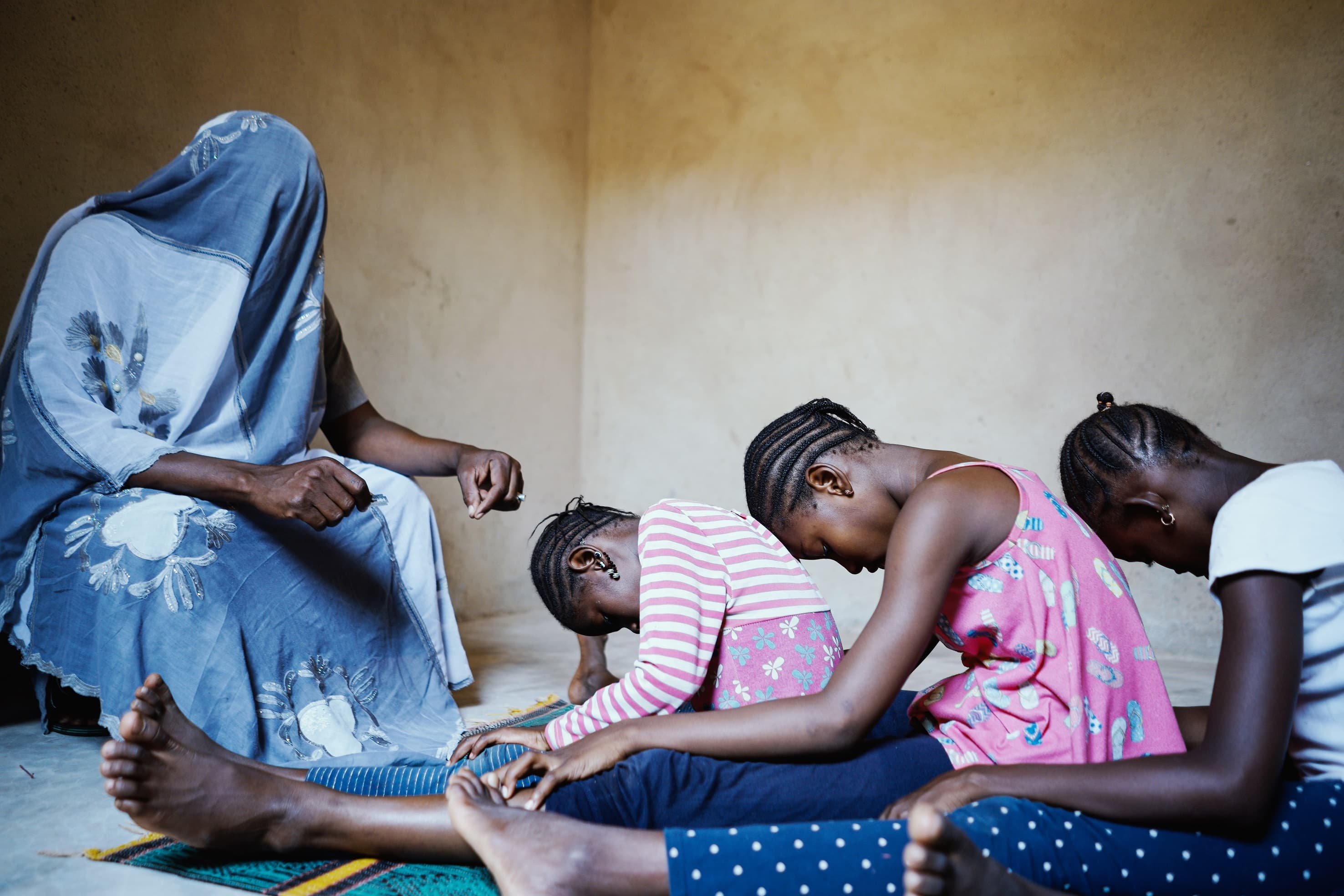Social Media User 'i/o' Makes Controversial Cultural Value Comparison Citing FGM and Women's Legal Status

A social media user identified as "i/o" recently posted a controversial statement online, drawing a stark comparison between certain cultures and Japanese culture. The tweet asserted a lack of "equivalent value" based on practices such as female genital mutilation (FGM) and the legal treatment of women as property, alongside perceived contributions to human civilization. The post quickly ignited discussions regarding cultural relativism, human rights, and societal progress.
"There are cultures that genitally mutilate their girls and treat women as property under the law and haven't contributed to human civilization in any meaningful way. I'm not going to pretend that these cultures and Japanese culture have equivalent value," the user "i/o" stated in the tweet.
Female Genital Mutilation (FGM) is internationally recognized as a severe violation of the human rights of girls and women, with no known health benefits. Organizations like the World Health Organization (WHO), UNICEF, and UNFPA report that over 200 million girls and women alive today have undergone FGM, primarily concentrated in 30 countries across Africa, the Middle East, and parts of Asia. The practice often leads to severe health complications, including chronic pain, infections, and psychological trauma, and is rooted in deep-seated gender inequality.
The concept of women being treated as property under law has historically been present in various legal systems globally, often stemming from patriarchal interpretations of family, inheritance, and marriage. While significant progress has been made in many nations to establish equal rights, challenges persist in some regions where customary or religious laws may still limit women's autonomy and economic independence. The United Nations and its Convention on the Elimination of All Forms of Discrimination against Women (CEDAW) advocate for equal rights for women in all aspects of life, condemning such discriminatory practices.
In contrast, Japanese culture has made extensive and widely recognized contributions to global civilization across numerous fields. Japan is renowned for its innovations in technology, including robotics, automotive engineering, and electronics, as well as significant scientific advancements. Culturally, it has enriched the world with unique art forms such as ukiyo-e, manga, anime, and traditional theater, alongside globally popular culinary traditions and philosophical concepts like Zen Buddhism.
The tweet's assertion of non-equivalent cultural value based on these criteria has prompted varied reactions, highlighting ongoing global debates about human rights standards versus cultural practices. Such statements often underscore the complex interplay between traditional customs, universal human rights, and perceptions of societal contributions.